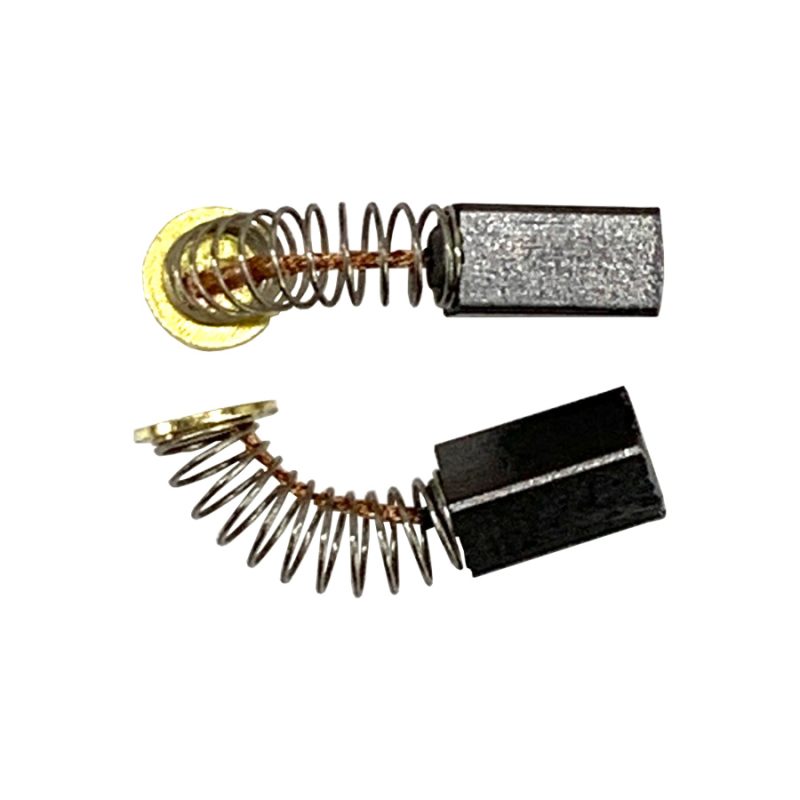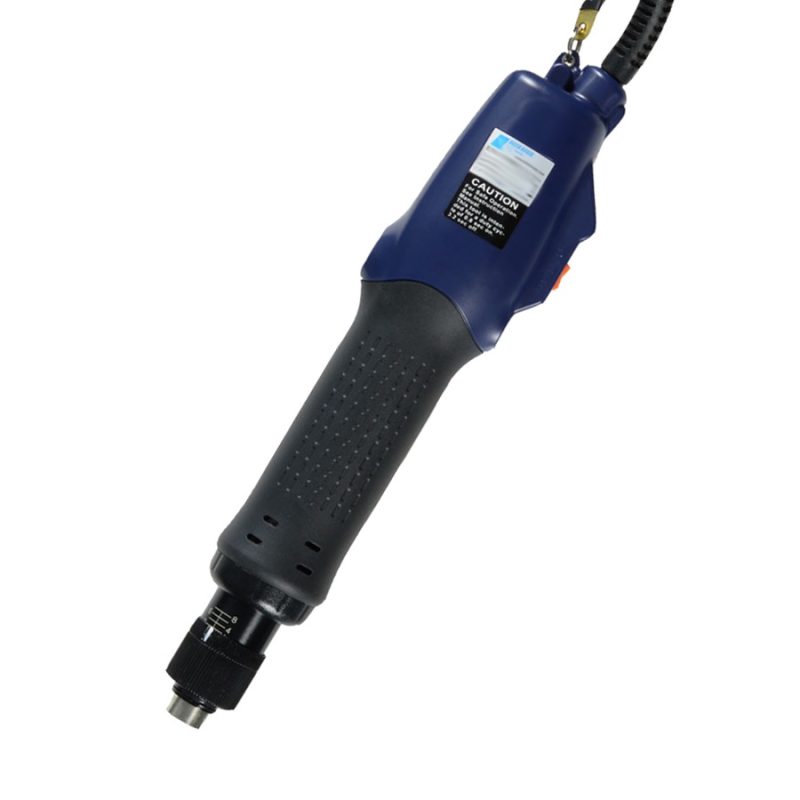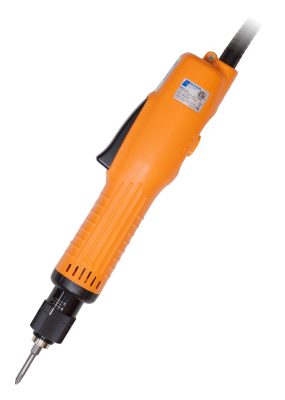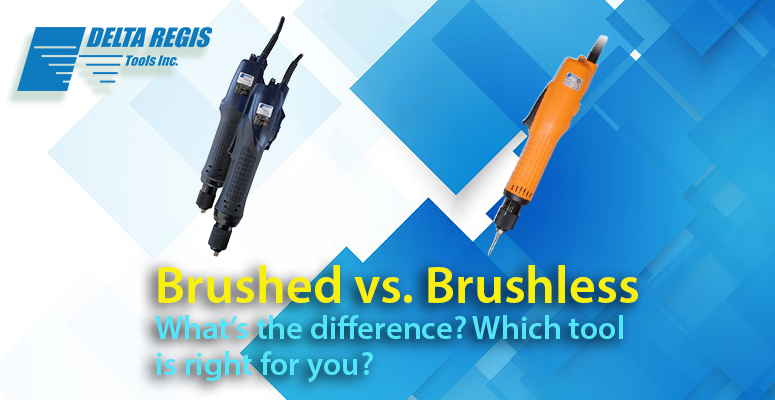Uncategorized
What is a Brushless Screwdriver?
The manufacturing industry has seen rapid advancements in technology, and one area that has evolved significantly is the electric screwdriver. Whether you’re working in a high-volume assembly line or performing delicate electronic work, choosing the right tool can impact your productivity and product quality. Among these tools, the brushless screwdriver is emerging as a game-changer. But what exactly is a brushless screwdriver, and how does it compare to standard electric screwdrivers with brushed motors?
What is a Brushed Motor Screwdriver?
Standard electric screwdrivers are powered by brushed motors, which have been the traditional choice for many years. These motors work by using carbon brushes that make contact with the commutator to create the rotational motion needed for the tool to function. While these motors are effective, they come with several drawbacks due to their reliance on expendable parts like brushes, rotors, switches, and other contact points.
Over time, these expendable parts wear down, requiring regular maintenance and replacement to keep the screwdriver in working order. The heat generated by brushed motors can also shorten the operating life of the tool, leading to more frequent breakdowns. As the parts degrade, the screwdriver’s performance declines, and eventually, it may stop working altogether. This makes brushed screwdrivers less reliable in the long term, especially in demanding industrial environments.

Delta Regis Set of Brushes

Delta Regis BESL Series
What is a Brushless Screwdriver?
Unlike traditional brushed screwdrivers, brushless screwdrivers use a more advanced motor design that eliminates the need for carbon brushes. Without the friction and heat generated by brushes, brushless screwdrivers run cooler, ensuring that the tool operates at peak efficiency throughout its life. This not only results in a longer lifespan but also significantly reduces maintenance costs and downtime, as there are no expendable parts that need replacing.
By removing the brushes, heat is reduced, and the screwdriver remains at its maximum power output. Brushless screwdrivers are known for their precision torque control, which is crucial in maintaining product quality in assembly lines. The absence of wear on internal parts leads to cost savings and fewer mechanical failures over time.

Benefits of Brushless Screwdrivers
- Precision Torque Control: Brushless screwdrivers can precisely control torque, making them ideal for high-precision applications.
- Lower Maintenance Requirements: With no brushes to replace, the maintenance needs are minimal, reducing both time and expenses.
- Longer Lifespan: The absence of brush and commutator erosion extends the tool’s operational life.
- Reduced Noise: Brushless motors run quieter, which is beneficial for a more comfortable work environment.
- ESD Safe: Brushless screwdrivers can be used in ESD-sensitive environments, such as electronics assembly, since they don’t generate carbon dust.
- Improved Production Output: Brushless screwdrivers are faster than hand tools, making them perfect for high-volume assembly operations where speed is crucial.
Why Are Brushless Tools Better?
The advantages of brushless tools go beyond longer life and reduced maintenance. They offer several operational improvements, such as:
- No Carbon Dust: Because there are no brushes, brushless screwdrivers don’t generate carbon dust, making them suitable for clean rooms and electronic circuit work.
- No Sparking or EMI Disturbances: Without brushes, there’s no sparking, which eliminates electromagnetic interference (EMI) and reduces heat, allowing the screwdriver to be used safely for longer periods.
- Less Fatigue: With a quieter and cooler operation, brushless screwdrivers can be used for extended hours without causing fatigue to the operator.
- Smaller and More Powerful: Brushless motors are more compact and efficient, generating less heat while delivering more power—up to 50% more than a similarly sized brushed motor.
- Automatic Speed Variation: Brushless motors can automatically adjust their speed depending on the task, ensuring optimal performance for various applications.
- Better Battery Life: For cordless models, brushless motors consume less power, resulting in better battery life, which enhances the longevity of the device and reduces maintenance costs over time.
Conclusion
Brushless screwdrivers represent a significant advancement over traditional brushed electric screwdrivers. Their longer lifespan, lower maintenance, and improved performance make them a superior choice for industries that demand precision, reliability, and efficiency. With fewer moving parts and a more efficient design, brushless screwdrivers not only enhance production output but also reduce overall operational costs.
For manufacturers seeking to optimize their assembly processes, investing in brushless screwdrivers is a smart choice that delivers both cost savings and better product quality. These tools are the future of electric screwdrivers, offering power, precision, and longevity unmatched by their brushed counterparts.
Browse our inventory of brushless screwdrivers
